
OR
Chinese envoy calls for policy stability to bring more investment in Nepal
Published On: November 18, 2017 06:10 AM NPT By: Republica | @RepublicaNepal
KATHMANDU, Nov 17: Chinese Ambassador to Nepal, Yu Hong has called for policy stability in Nepal to further promote trade and investment between the two countries.
Addressing a press conference organized in the capital to inform about the prospects and priorities of China in its relations with Nepal in the aftermath of the recently concluded 19th National Congress of the Communist Party of China (CPC), Ambassador Yu said Chinese cooperation with Nepal has been focused on four main areas, namely trade and investment, post-disaster reconstruction, energy and tourism.
Although the volume of trade and investment between Nepal and China has been rising in recent years, the envoy said Nepal has to work further to ensure policy stability and predictability to bring more investment from China. “For trade and investment, we are looking Nepal to provide more favorable investment conditions for investors not only from China but also from other countries. The government should be more stable. Policy should be continuous, stable,” she said.
The remarks of the Chinese envoy come a few days after the Sher Bahadur Deuba-led cabinet decided to withdraw the contract awarded to Chinese state-owned company China Gezhouba Group Corporation (CGGC) to develop the 1200 MW Budhi Gandaki Hydropower Project. The Pushpa Kamal Dahal-led government on June 5 had awarded the Project to CGGC a few days before Dahal stepped down as the prime minister.
Echoing Chinese envoy's concerns, experts and diplomats in Nepal had also expressed concern over the government's decision, arguing that this could send a negative message to prospective foreign investors in Nepal. The experts have also sought policy stability if Nepal wants to bring more investment in Nepal.
Recalling that some media reports had often blamed Chinese companies for delays in projects, the ambassador said that it would be better if the media came up with comprehensive reports that dig the truth behind the delay in the implementation of those projects. She also underscored the role of media to further promote trade and investment between Nepal and China.
On the occasion, the ambassador also highlighted some of the major projects built under Chinese cooperation. While necessary homework has already begun to develop a cross-border railway between Nepal and China, the envoy said China wants to have a fully operational Araniko Highway, and Rasuwagadhi-Syfrubesi Highway and Tatopani, Rasuwa and Yari dry ports.
While stating that Nepal-China relations are based on the principles of equal treatment, mutual support and common development, the envoy also underscored the need to enhance people to people contact between the two countries. She said that Chinese airlines with 54 flights a week between Kathmandu and six major cities in China had greatly helped to this end.
“In 2009, Nepal and China reached a comprehensive partnership of cooperation featuring ever-lasting friendship. China will deepen relations with its neighbors in accordance with the principles of amity, sincerity, mutual benefit and inclusiveness and the policy of forging friendship and partnership with its neighbors,” the envoy said.
On the occasion, Ambassador Yu said the 19th National Congress of CPC and the reelection of Xi Jinping marks the third opening of China after 1978. While stating that China will now seek to further integrate into the world, China will now seek to foster a new type of international relations and build a community with a shared future for mankind, following the path of peaceful development.
You May Like This
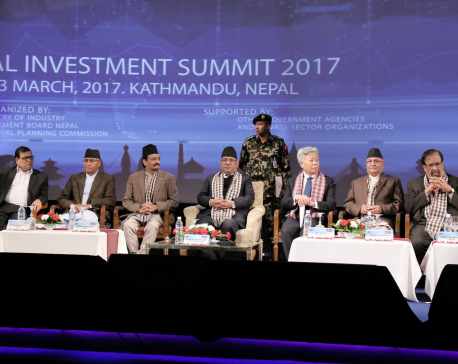
Nepal Investment Summit 2017 – An opportunity for attracting more foreign investment
KATHMANDU, March 1: The Nepal Investment Summit that opens in the capital on March 2 is expected to be a... Read More...
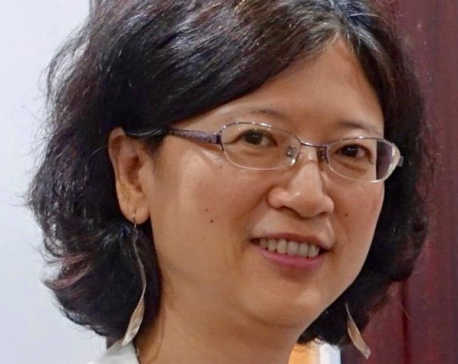
Chinese envoy Yu calls on leader Nepal
KATHMANDU, Jan 12: Chinese ambassador to Nepal Yu Hong called on CPN-UML senior leader Madhav Kumar Nepal at the latter's... Read More...
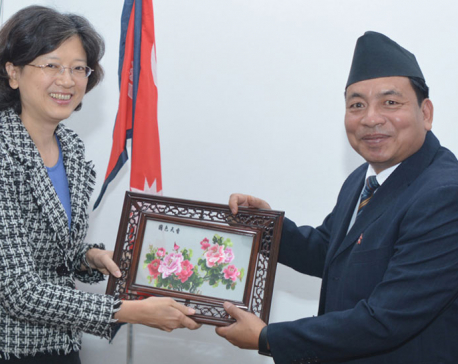
Nepal committed to ‘One China’ policy, VP Pun tells Chinese envoy
KATHMANDU, Nov 21: New Chinese Ambassador to Nepal, Yu Hong called on Vice-president Nanda Bahadur Pun at the latter’s office... Read More...




Just In
- Save the Children report highlights severe impact of air pollution on children
- NATO Serving as a Catalyst to Fuel Violence
- Home Minister denies any delay in providing relief to wildfire and fire victims
- Ties with Tehran
- CM Kandel requests Finance Minister Pun to put Karnali province in priority in upcoming budget
- Australia reduces TR visa age limit and duration as it implements stricter regulations for foreign students
- Govt aims to surpass Rs 10 trillion GDP mark in next five years
- Govt appoints 77 Liaison Officers for mountain climbing management for spring season









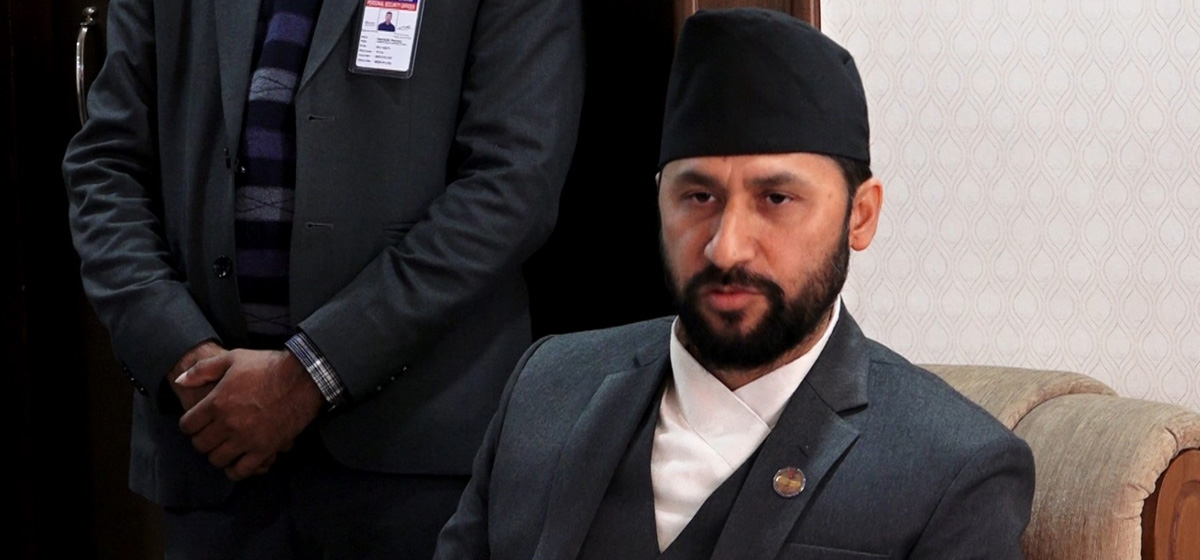
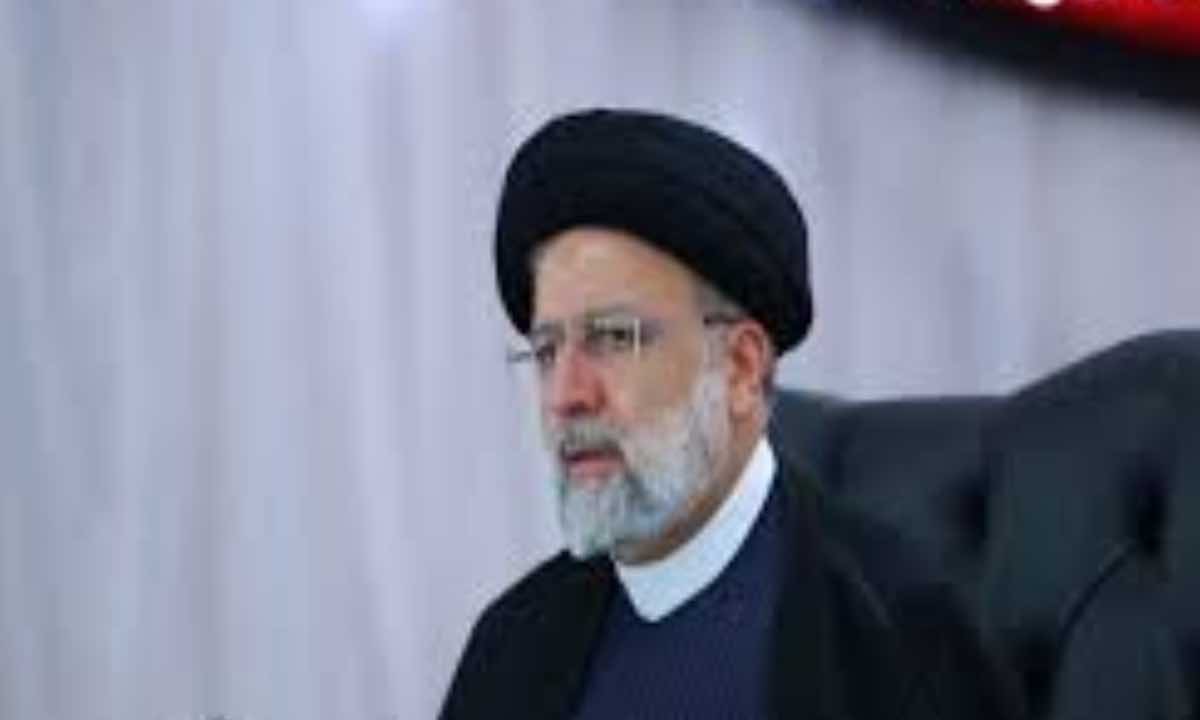



Leave A Comment